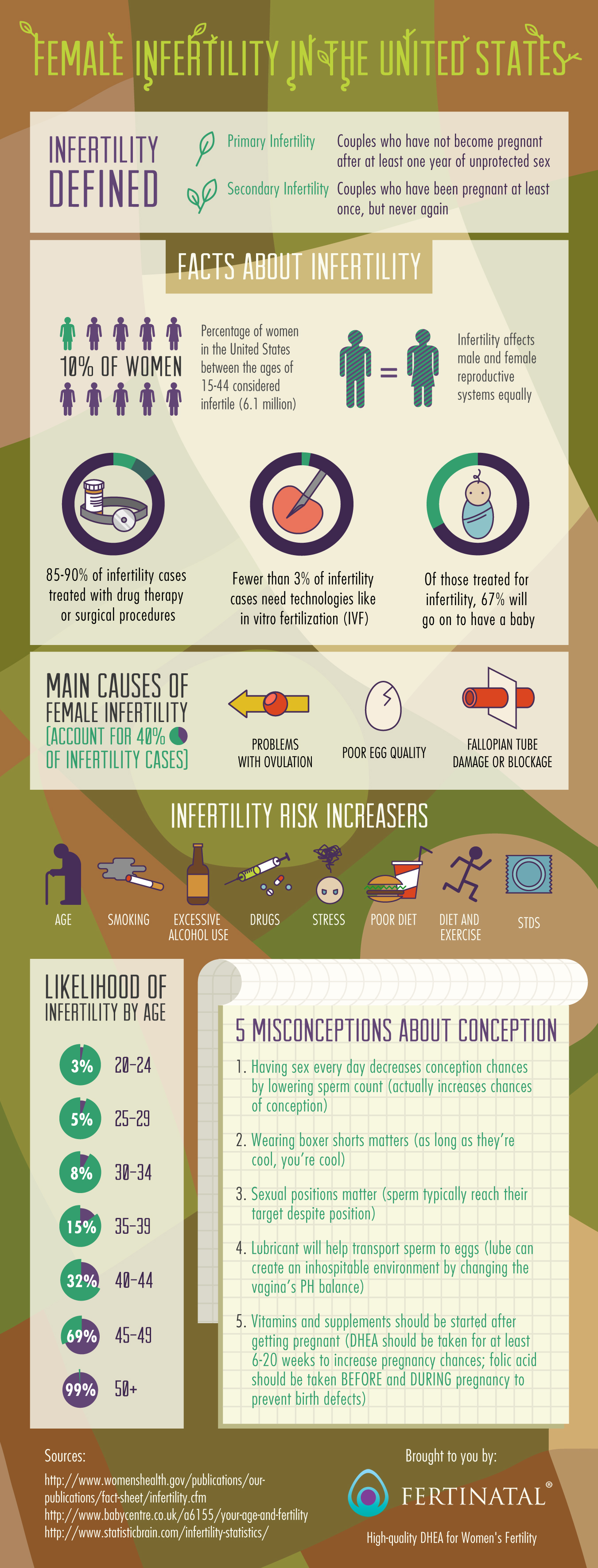Although many disorders exist, few are as common as Polycystic Ovary System, or PCOS for short. The disorder is a common occurrence within females, about 5-10% of the female population experiencing it. Through further studies with PCOS, scientists have narrowed down factors that have been linked to causing the disorder.
What Is PCOS?
PCOS is a endocrine that affects women in their reproductive stages in live, generally falling in the age range of 12-45 years old. Since the age range happens to be a large one, this disorder is one of the most common ones for females to experience. This disorder is one of the main causes for female infertility, a condition that plagues around 48 million women currently.
Symptoms
PCOS shows early signs and symptoms, most of them dealing with infertility, or other difficulties giving natural birth. Symptoms like anovulation, irregular hormone balances, and insulin resistance, are usually good indicators that PCOS is affecting you. Anovulation symptoms disturb the ovulation cycle, producing the inability to ovulate. Irregular hormone balances can cause acne breakouts and excessive female growth of hair, called hirsutism. Insulin resistance can result in higher cholesterol levels and earning type 2 diabetes, among other things.
Although these symptoms are pretty standard, they do vary with women, depending on both age and body of the women. In treating PCOS, several methods of treatment are available, each applicable to different women. Since PCOS is usually prevalent in overweight or obese persons, losing weight is one of the most successful methods of treatment to conquer the disorder. A deficeny of Vitamin D is also a common agent in getting PCOS, so keeping a steady intake of Vitamin D is vital to maintaining health. Another treatment option is taking medications, medicines like metformin and glitazones have been seen making improvements to lower insulin resistance.
Is It Hereditary?
The exact causes of PCOS are a little difficult to decipher, however many seem to be rooted in genetic disorders. While the main factor seems to be stemmed from genetic diseases, this doesn’t necessarily mean that PCOS is hereditary, as not enough research has been performed on the topic. However, most research points to it being hereditary, finding both sisters and daughters of the affected person have a 50% chance of also experiencing PCOS. While the disorder has a 50% chance of being passed on through genetics, not all daughters or sisters will experience the disorder.
